Nasa Scientists Solve Mystery of 'Ghost 'Galaxies [STUNNING PHOTOS]
For several years, astronomers were puzzled as to why 'ghost' galaxies, tiny, ancient galaxies barely discernible in even the most powerful telescope, contain so few stars.
But now Nasa claims a team of its scientists has solved the mystery, while analysing data on three tiny galaxies - Hercules, Leo IV, and Ursa Major - provided by the Hubble space telescope.
The scientists have found that each of these galaxies started forming stars more than 13 billion years ago, but the star formation abruptly stopped because of the fall-out from the big bang.
During the first billion years after the big bang, radiation from the earliest stars triggered a process known as 'reionisation' whereby electrons were knocked off primeval hydrogen atoms, ionising the cool hydrogen gas. This process caused hydrogen gas to become transparent to ultraviolet light - and starved the smallest galaxies of the gas needed to create new stars.
All three of the galaxies captured by Hubble had just begun to produce stars when reionisation began. Because they were so small, they could not shield themselves from the harsh ultraviolet light. What little gas they had was stripped away, and they were unable to continue producing stars.
Study leader Tom Brown, of the Space Telescope Science Institute in Baltimore, Maryland, said that the three tiny galaxies captured by Hubble "are all ancient and they're all the same age, so you know something came down like a guillotine and turned off the star formation at the same time in these galaxies."
Continuing, Brown explained simply that "their hydrogen gas was ionised, and the stars got turned off."
Scientists claim that this discovery will help them solve another mystery, about 'missing' satellite galaxies.
Computer simulation has shown thousands of satellite galaxies existing in the Milky Way, but until now astrologers have found only a few dozen galaxies. Scientists are baffled as to how so many galaxies could have escaped them.
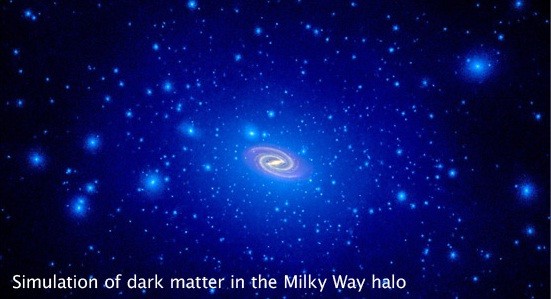
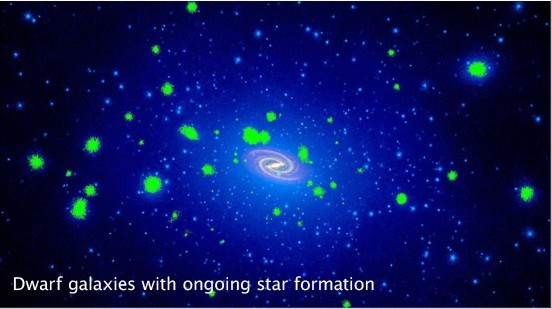
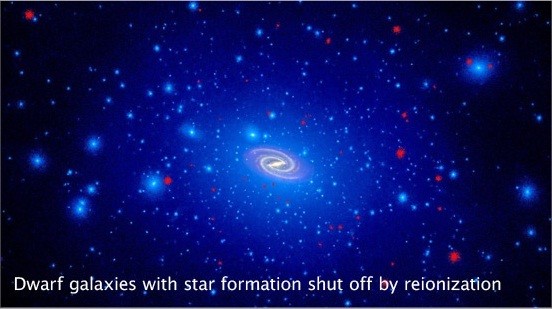
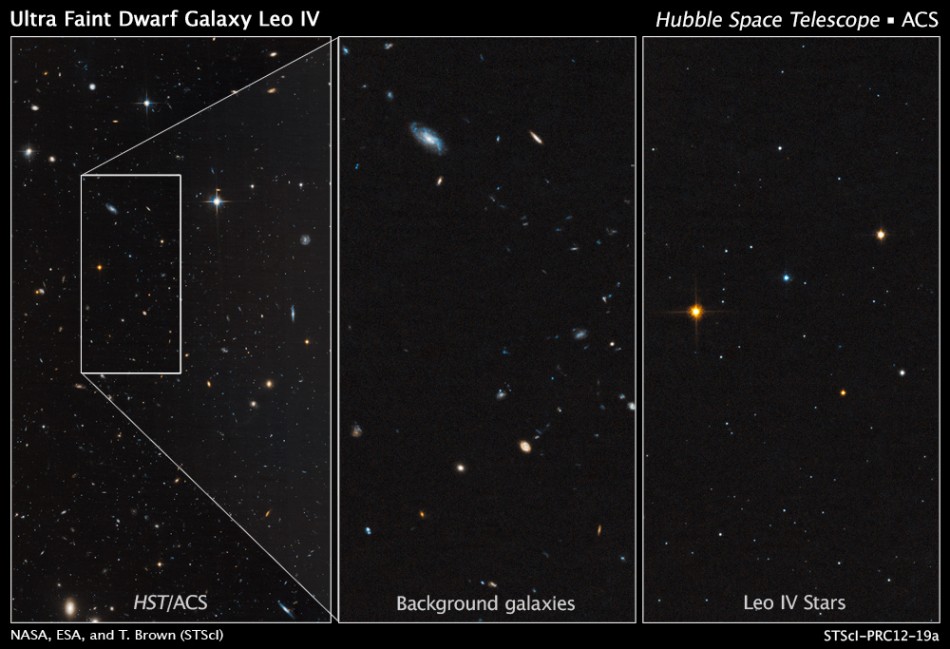
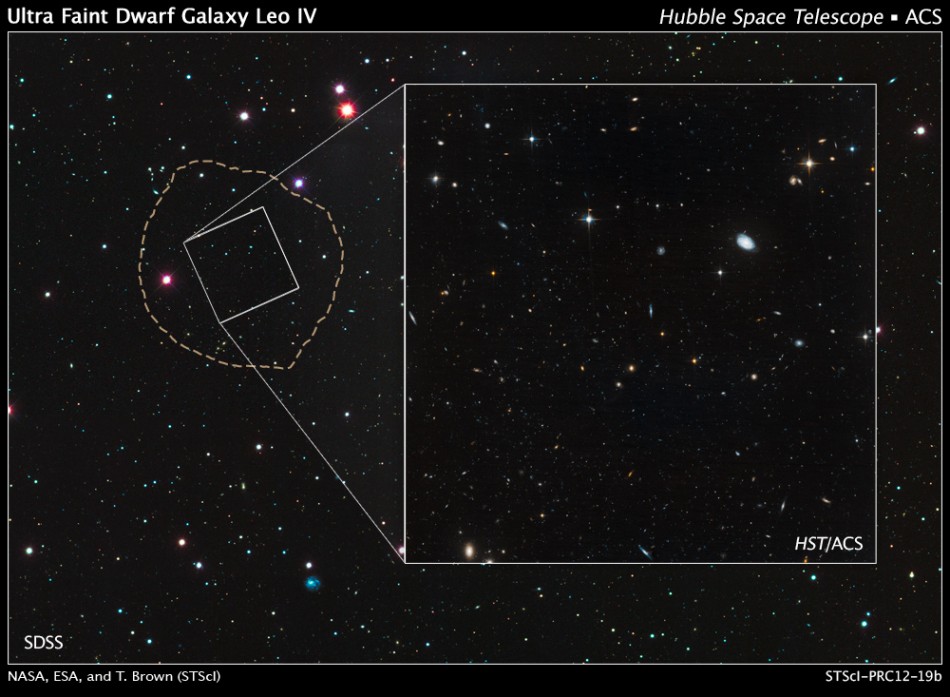
© Copyright IBTimes 2025. All rights reserved.





















